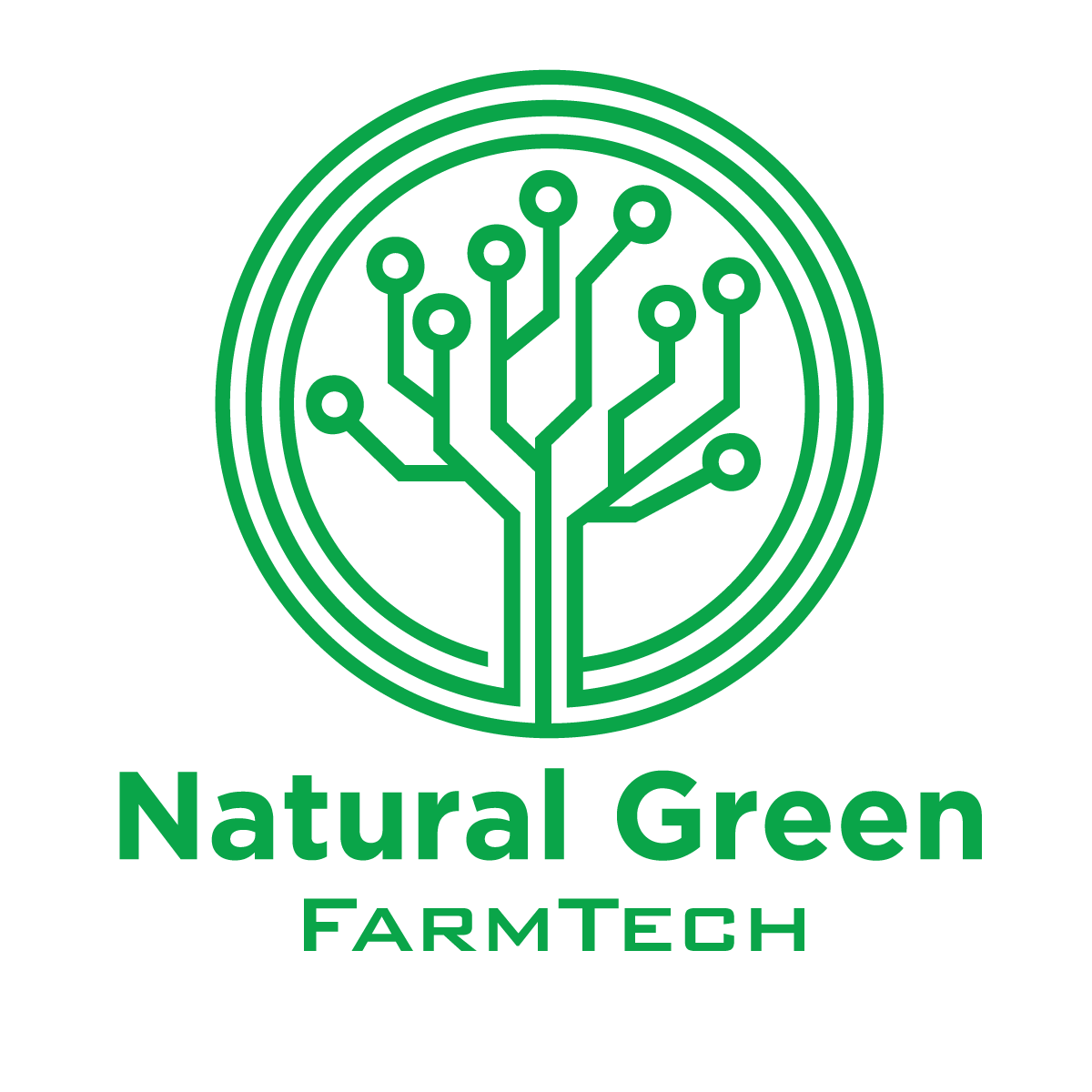FOOD FORESTS AS A LEARNING RESOURCE
Our flagship ‘education for sustainable development project’ at Kariobangi North primary in Nairobi was kick-started in 2012; 4 years down the line we have seen tremendous results. In between the years, great work has been done thanks to the more than 1000 people that took part in the project. There are those who contributed financially and those who offered their time to work in the project. We can’t mention everyone but we have shared photos of a good number of persons who took part. Our gratitude goes to the staff and leadership of Kariobangi north primary for their support despite the many challenges. Many thanks go to Eco Schools who saw the potential of the project and offered to boost and push it to another level.

Eco Day Celebration
The children of kariobangi north now have the opportunity to see first-hand best horticultural farming activities being implemented in their school. Those with a passion for farming will have a platform to transform that passion into an enterprise or career. The school’s food forest has different fruit trees that include: apples, grape, sapote, loquat, breadfruit, mangoes, pears, guava, peach, Jabotica, brazillian cherry among others. The school has also planted sweet potato, banana and vegetables which they sell to the local community. This project offers a great learning experience, there is so much practical knowledge on different fruit types one can acquire when she/he visits the project.
This project plays an important role of connecting students with nature at an early age converting them into better stewards of our environment. We need to resurrect the tree planting culture that was emphasized by our former president His excellency Daniel Toroitich Arap Moi, and we believe the best way to do that is to target school going children. Of great importance is the acquisition of food growing/production skills that will go a long way in helping the students later in life. Students gain hands on experience in a hands off environment where they are allowed to experiment and make their own decisions. Students acquire practical knowledge in areas like; Composting, group dynamics, food safety, how to market their produce, pest management, fertilization, seed propagation, record keeping among others. The project also offers great benefit to the entire surrounding community who are free to visit the school orchard and learn one or two things from the different fruit species. Soon they will be able to purchase seedlings from the school’s tree nursery.

Students taking notes at their food forest.
As an organization, we have no share in the projects we implement; anything we plant belongs to the school and all proceeds thereafter are reverted back to the project. Our purpose is to ensure the fruit trees planted are well taken care of and to develop a training and business model that will generate income and make the project sustainable. We take a maximum of 3 years in a school project and then we hand it over to the school after we have trained project beneficiaries to take part in the day to day running of the project. There after we only act as consultants in areas of: seedling production, crop protection, production planning, spray techniques & Schedule, irrigation & fertilization, adult learning, market strategy and sustainable farming.

Members of the community visiting the school project.
We are seeking partnerships to ensure such a project is replicated in at least 2 schools in each county to enable students to plant, manage and harvest their own produce as they learn important life skills. Developing an orchard as a learning resource creates an opportunity for the students to be aware of environmental issues and come up with simple solutions to address them. Food security at a local level is tremendously important, especially when crisis hits. Farming is the foundation, as humans we need energy to function and the only source of energy is food. It’s high time we support farming and conservation initiatives both at a personal and institutional level; teach your kids to grow food, support tree/food growing programs in local schools, make donations to credible organizations such as the Green Belt movement among others. We all can be part of the solution by simply planting and taking care of a single tree. And to our dear leaders who ride on any food crisis to gain economically and politically, we only have this to quote; “If you can’t feed them, you can’t lead them”- Anonymous. Plenty be found within our boarders.
Posted on June 27, 2017, in Environment, Leadership and tagged africa, Agribusiness, apple, climate, conserve, education, environment, farming, fruit, fruits, Horticulture, kenya, nairobi, nature, nutrition, plants, science, trees. Bookmark the permalink. 2 Comments.


Do apricots grow in Kenya,
yes they do grow